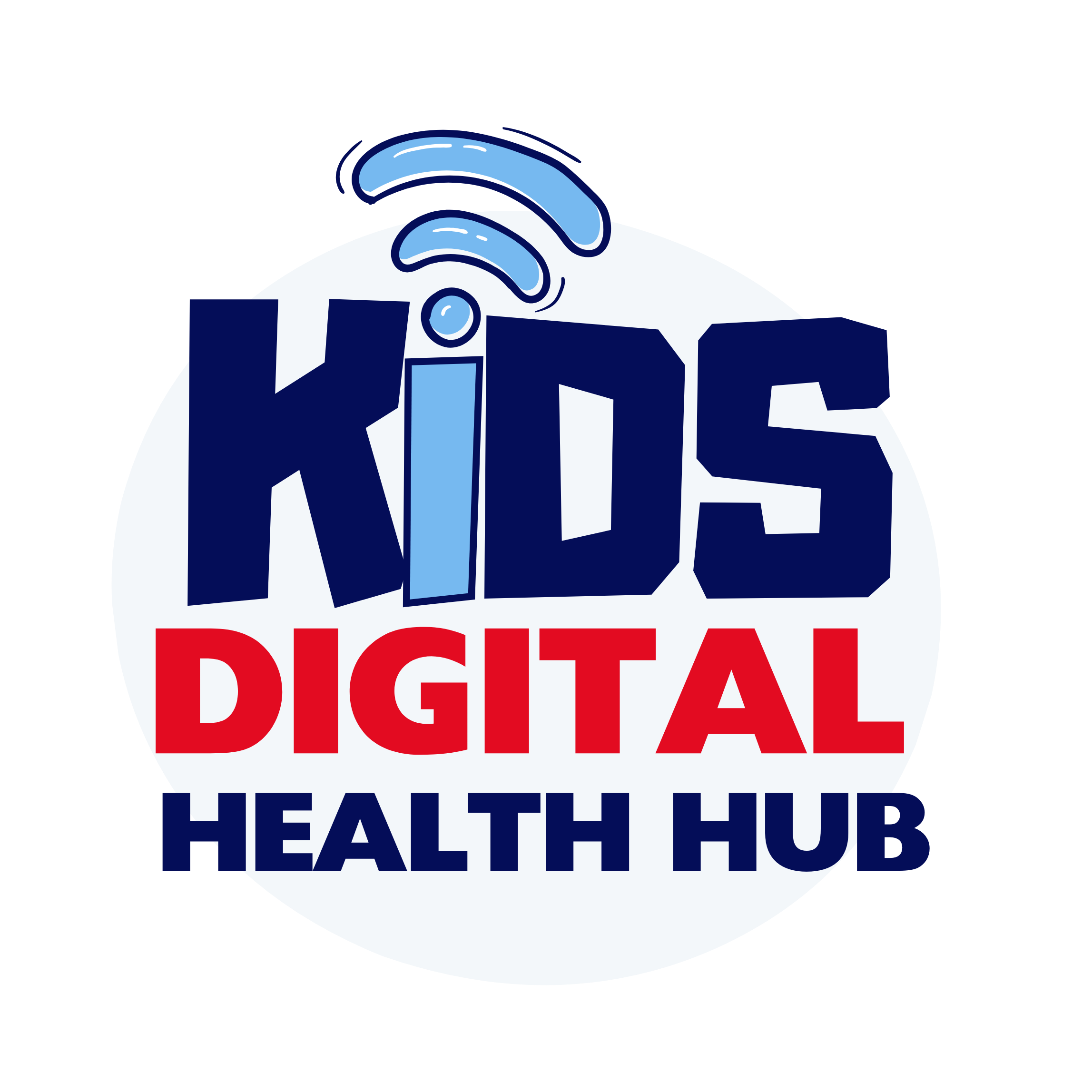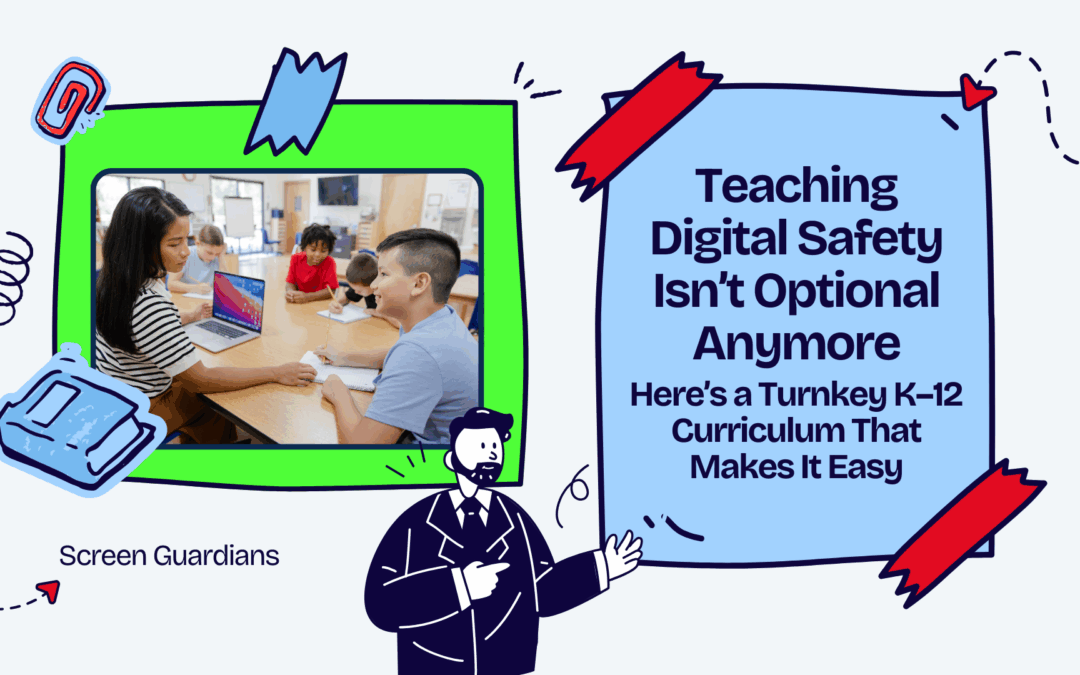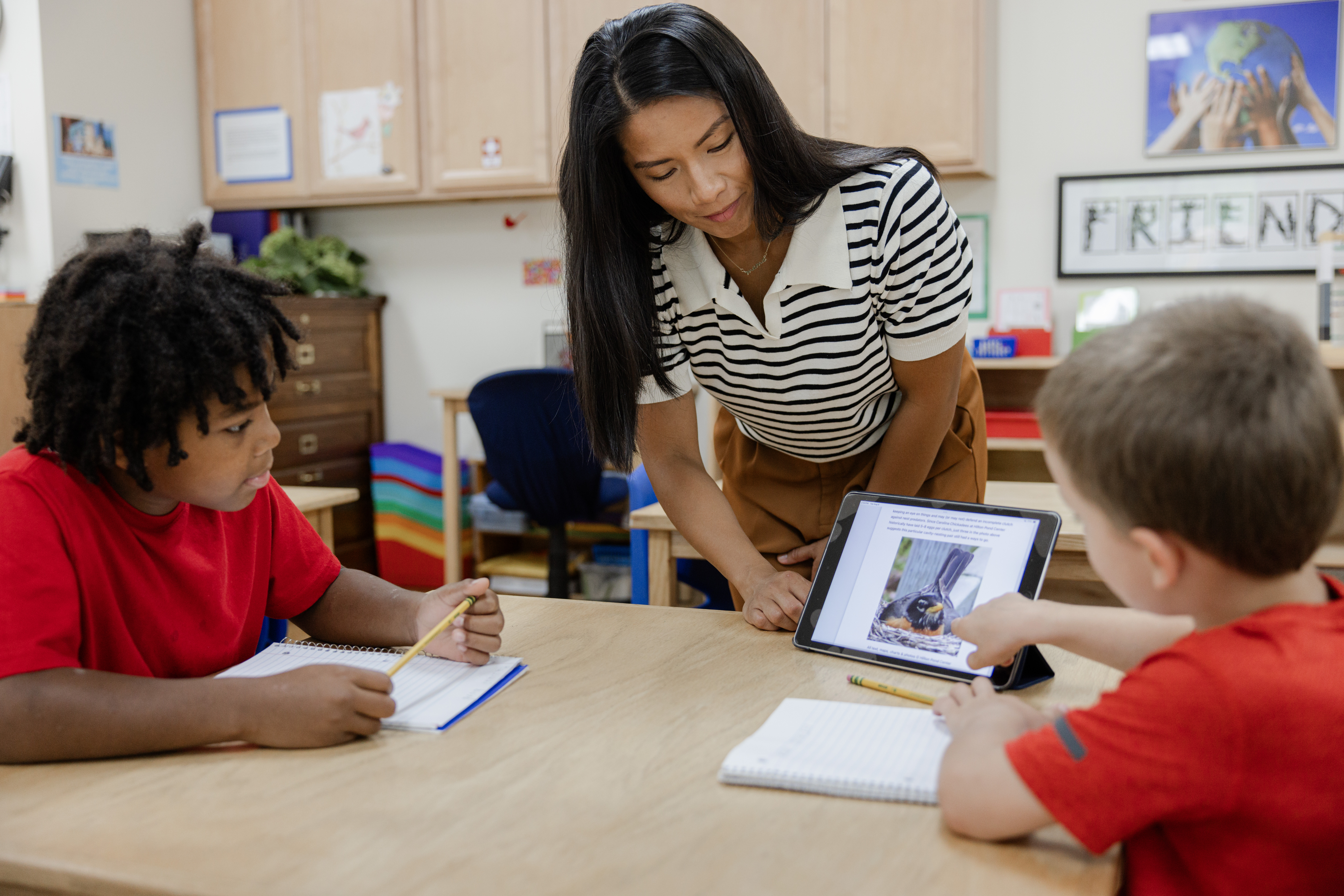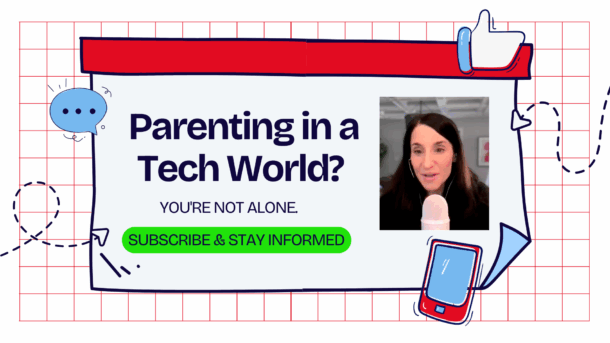Designed for teachers, tech coaches, counselors & curriculum planners preparing for Spring 2026 implementation – introducing Digital Safety Curriculum for K-12.
In today’s classrooms, teachers are expected to cover far more than just reading, math, and science—they’re now on the front lines of digital safety, too. From social media drama to screen-time overwhelm, students are navigating a tech-filled world that often feels one step ahead of the adults trying to guide them. And while digital citizenship lessons are a great starting point, they often fall short of addressing the real, complex challenges kids face online. That’s where Screen Guardians comes in—a ready-to-teach, research-backed curriculum launching in Spring 2026 that finally makes digital wellness simple, age-appropriate, and stress-free to implement.
Table of Contents
📚 Overwhelmed and Under-Prepared: A Classroom Reality
In today’s educational environment, teachers face the challenge of addressing the impact of digital technology on students. With the rise of social media platforms like TikTok, educators are increasingly observing emotional shifts, attention issues, and ongoing digital drama among their students.
While many schools dedicate time to online safety during events like “Digital Citizenship Week,” these efforts often fall short of what is needed. Teachers are tasked with preparing students for a world that has evolved dramatically since their own schooling. However, they often lack adequate training and resources, and they face growing pressure to manage online behavior and the mental health effects of technology use, making the task feel overwhelming.
The truth is: teaching digital safety is no longer optional.
And yet, teachers shouldn’t have to figure it out alone.
What is digital safety?
Digital safety refers to the proactive practices and skills individuals—especially students—need to protect their well-being, privacy, and mental health while using technology. It includes understanding how to navigate online spaces responsibly, recognize scams or harmful content, manage screen time, protect personal information, and engage in respectful digital communication. For students, digital safety also involves developing emotional awareness, critical thinking, and healthy habits in an increasingly connected world.
Why is screen time education important?
Screen time education is important because it helps students understand how excessive or unbalanced use of technology can impact their brain, behavior, emotions, and overall well-being. By learning about healthy screen habits, students are better equipped to manage distractions, regulate emotions, recognize online risks, and make intentional choices in digital spaces. This education supports both academic success and mental health in a tech-driven world.
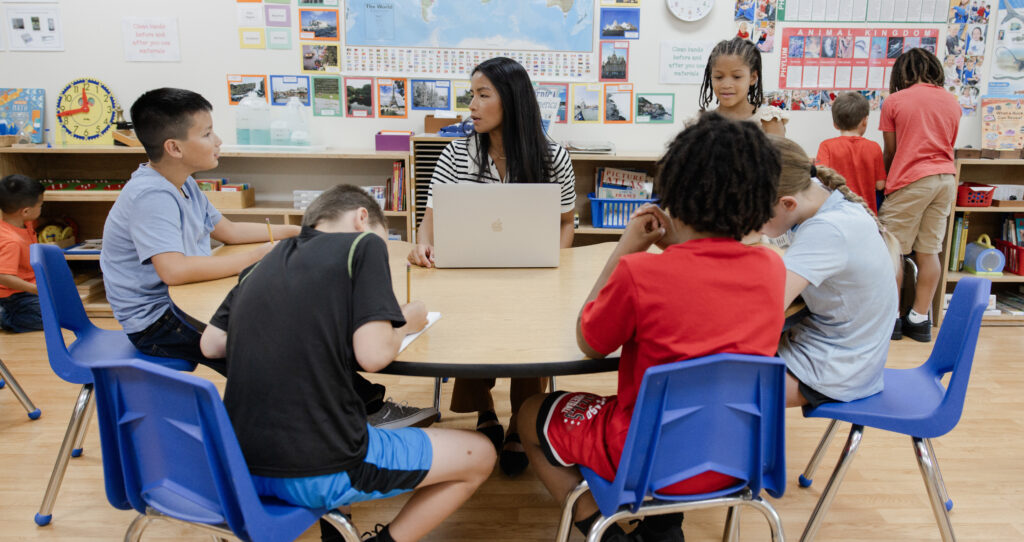
⚠️ The New Reality of Screens In Students’ Lives
From kindergarten to senior year, today’s students are navigating a digital world filled with:
- Emotional instability fueled by social comparison and dopamine-driven engagement
- Persuasive technology designed to keep them scrolling, gaming, and swiping
- Online grooming, scams, and exploitation that reach youth through platforms they use daily
- Chronic attention challenges, less self-regulation, and more social disconnect
Kids aren’t just using screens—they’re being shaped by them.
That’s why schools need more than “digital rules.” They need digital wellness education that’s rooted in neuroscience, safety, and student mental health—delivered in a way that actually works in busy classrooms.
✅ The Stress-Free Way to Teach Digital Safety: Meet Screen Guardians
Screen Guardians K–12 Digital Wellness & Safety Curriculum, powered by Kids Digital Health Hub, is a 12–14 week program launching in Fall 2025, built by child health experts and real-world law enforcement.
The best part? It’s completely turnkey.
No tech background needed. No added prep pressure. Just plug-and-play resources designed for real classrooms.
Here’s what’s included:
- Step-by-step Teaching Guides
- PowerPoints, Printables, and Worksheets
- Slide scripts and reflection tools that make hard conversations easier
- Family engagement activities to extend learning home
Whether it’s taught in homeroom, health class, or social-emotional learning blocks, Screen Guardians offers flexibility and simplicity—while covering all the essentials.
🧠 4 Core Themes That Make Screen Guardians So Effective
This isn’t surface-level digital citizenship. The curriculum dives deep into:
1. Brain-Based Digital Wellness
How screens impact attention span, dopamine cycles, motivation, and emotional regulation—based on real neuroscience.
2. Emotional Awareness & Empathy
Helps students recognize and navigate the emotional toll of screen time, and rebuild empathy in an increasingly digital world.
3. Cyber Safety & Risk Prevention
Real-world skills for spotting scams, grooming tactics, unsafe content, and understanding how persuasive tech works.
4. Critical Thinking in Digital Spaces
Students learn how algorithms and design choices shape behavior—and how to navigate online environments with intention, not impulse.
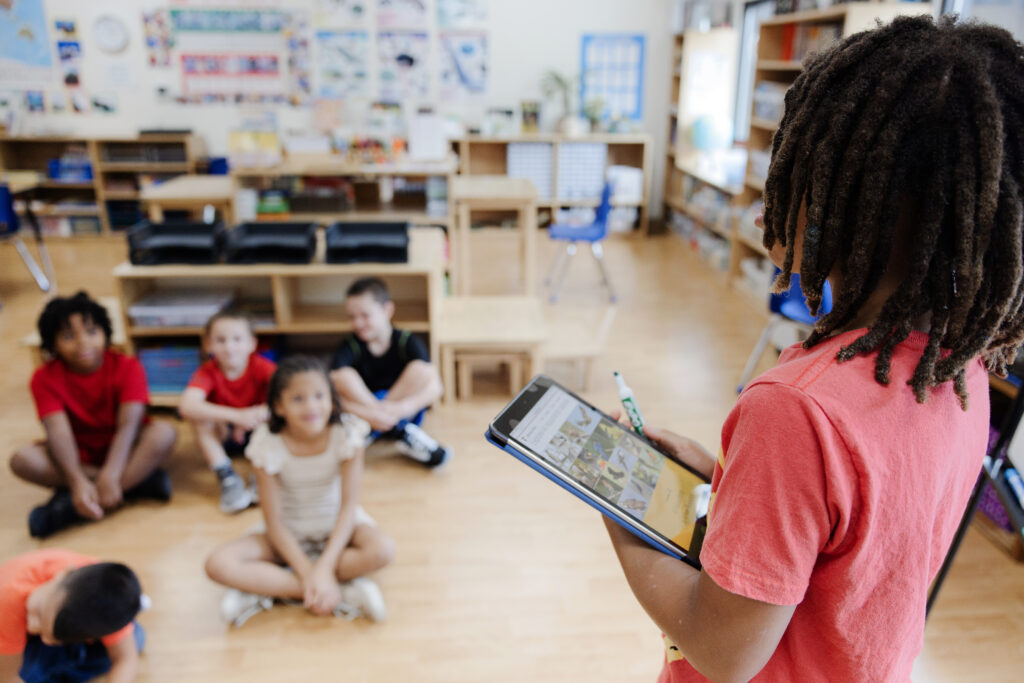
❤️ Why Teachers Love Using Screen Guardians
- No lesson planning needed—just open the guide and go
- Conversations are age-appropriate, engaging, and grounded in things students actually face every day
- Includes tools to bring in families, so digital wellness isn’t just a classroom conversation—it becomes a home discussion too
- Supports SEL, media literacy, and health standards all in one cohesive program
It gives teachers the confidence and support to do what they already want to do: protect and prepare their students.
🚀 Want to Equip Your Teachers with Screen Guardians This School Year?
Spring 2026 is fast approaching—and with digital risks evolving every day, now is the time to bring Screen Guardians to your school or district. [K–12 Curriculum Overview page]
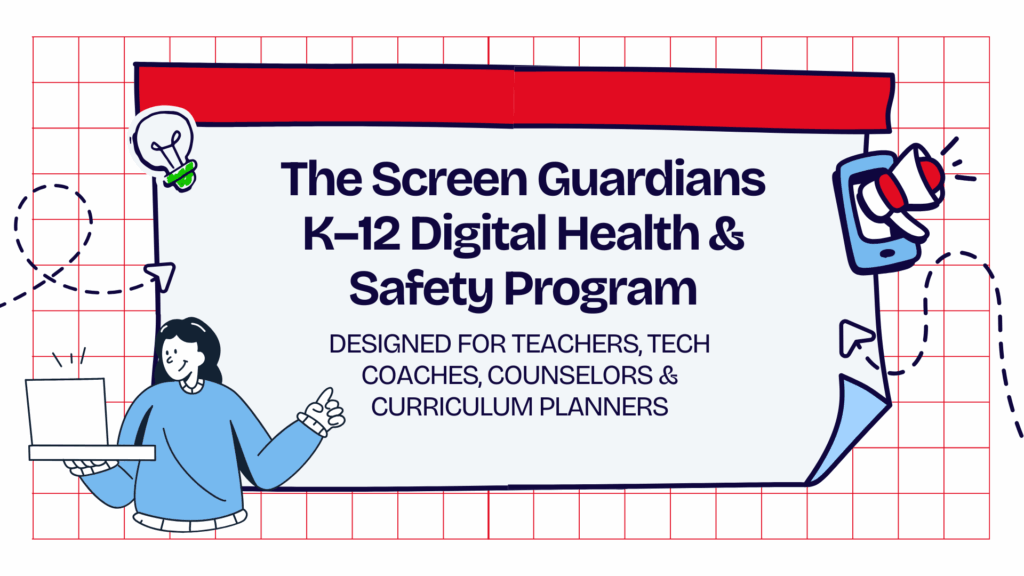
📍 Ready to take the next step?
Learn more or request access to the program at ➡️ https://kidsdigitalhealthhub.com/k-12/
📧 Or email Katie directly to set up a meeting.
Let’s make digital safety part of your school culture—without adding pressure to your teachers’ plates.
Implement K-12 digital safety curriculum!
